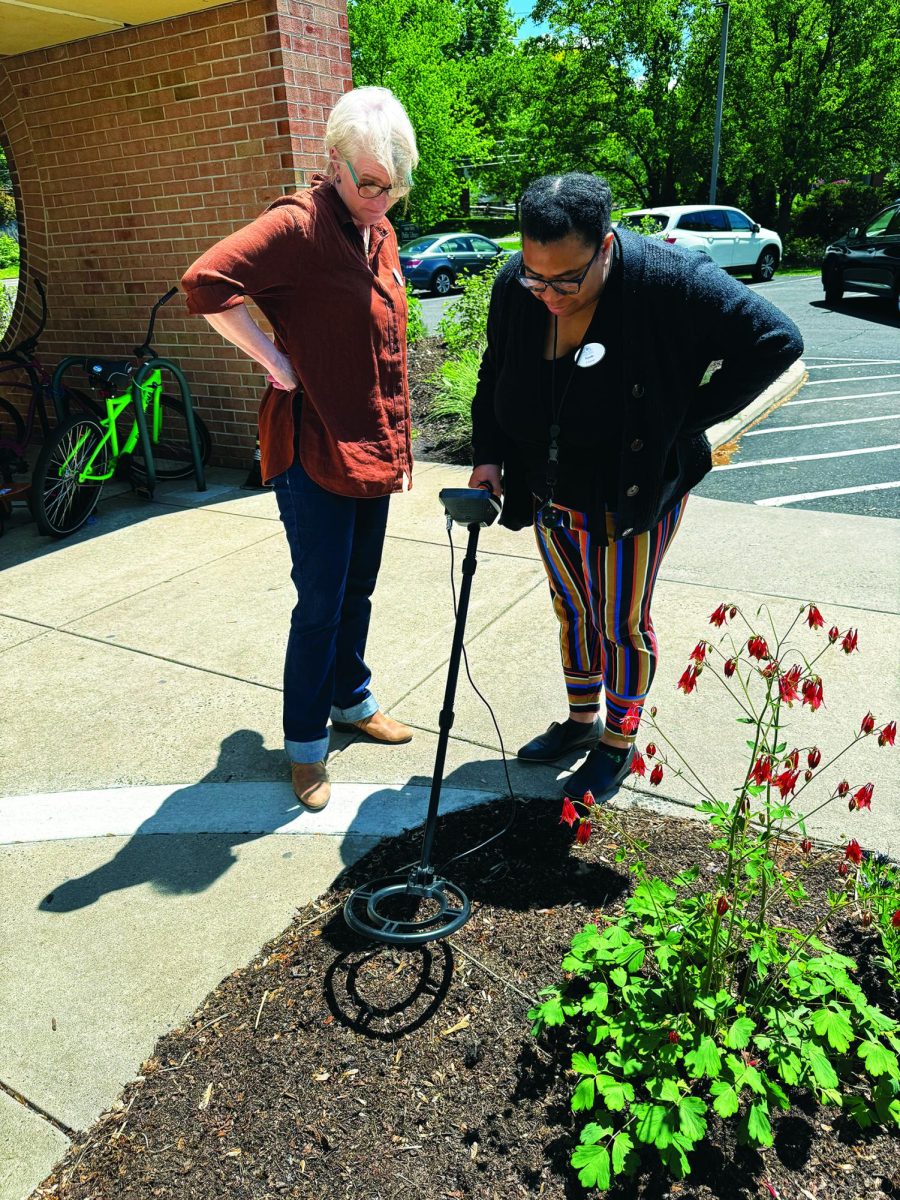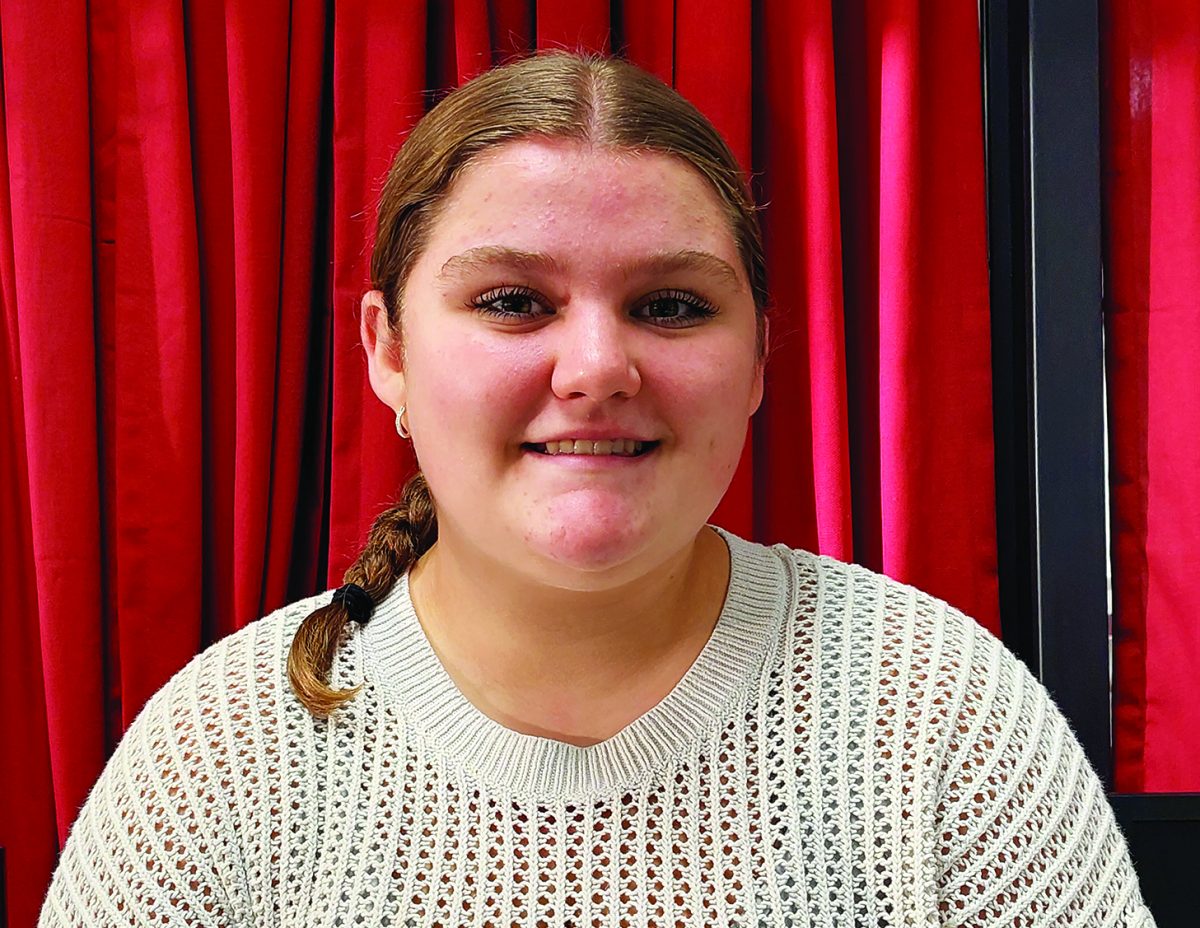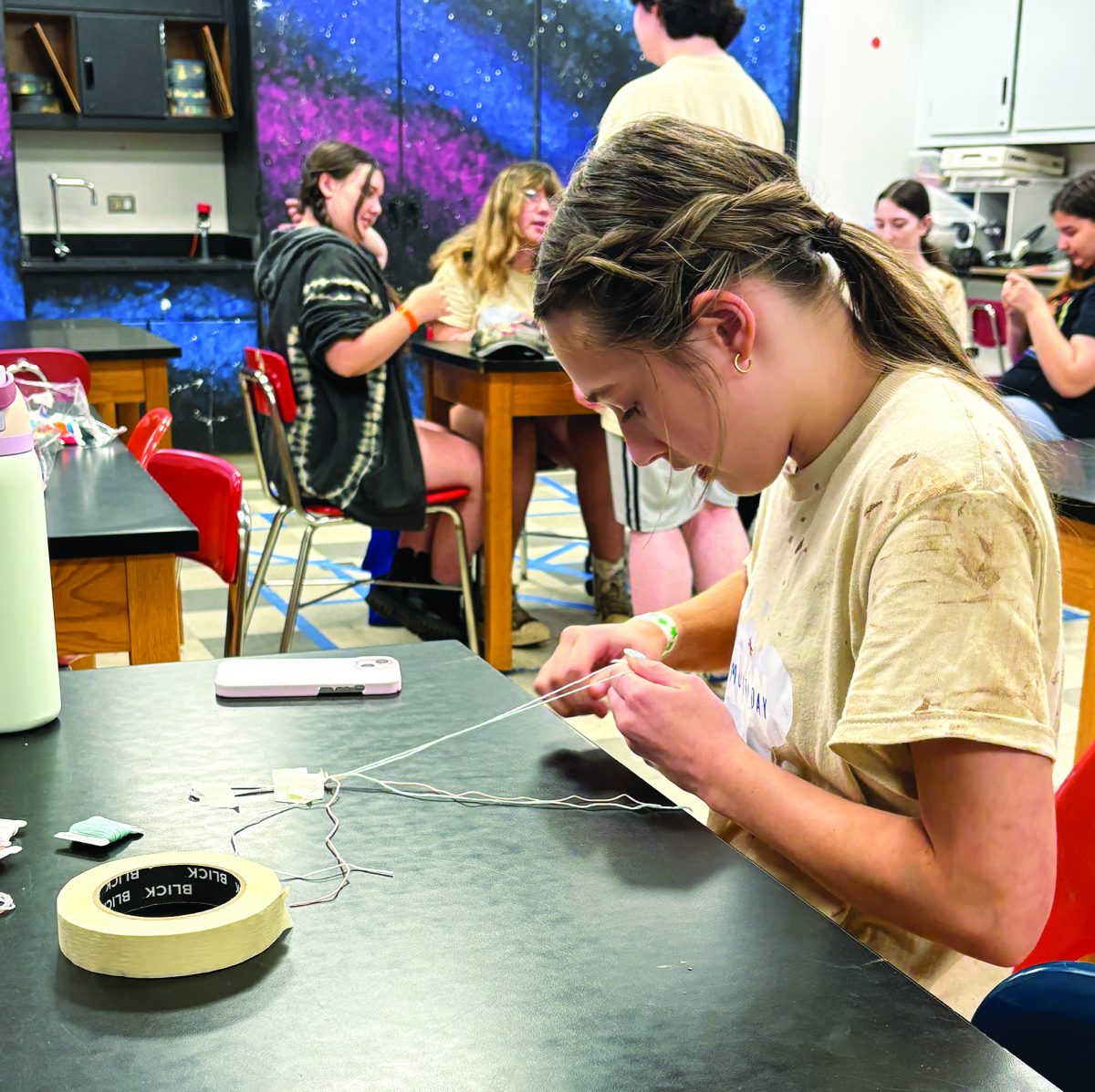Through incremental payments made to each state, the National Opioid Settlement aims to provide funds to states and organizations to reduce and treat opioid addiction.
The Opioid Epidemic describes the persistent abuse of opioids, a drug used for moderate to severe pain relief, both in terms of professionals unnecessarily prescribing opioids and people recreationally taking opioids.
According to the Center for Disease Control and Prevention, from 1999-2021, 645,000 people died from an opioid overdose, whether that be from prescribed opioids or illegally-made opioids.
The first wave of the Opioid Epidemic began in the 1990s, as pharmacies aggressively promoted opioids for pain relief.
Consequently, this pushed physicians to prescribe opioids in access to their patients.
In 2010, the second wave of the epidemic began as the U.S. saw dramatic increases in heroin-related overdoses.
In 2013, the third and current wave of the epidemic began as illegally-manufactured fentanyl, a synthetic opioid that is up to 50 times stronger than heroin, was increasingly illicitly sold to consumers.
In February of 2022, a settlement between drug manufacturer and distributor Johnson & Johnson and three other major distributors was reached.
The settlement provided state and local governments with $26 billion in settlement funds.
Following 2023, five other opioid manufacturers or distributors entered the settlement, including companies such as CVS and Walmart, adding another $28 billion in settlement funds.
Pennsylvania, one of the states with the highest rate of opioid-related overdoses, will be receiving $1.07 billion in opioid settlement funds, most of which will go to local municipalities and organizations.
One of these organizations is First Stop Recovery (FSR), a non profit rehabilitation center in Kensington, which will be receiving $20,000.
At FSR, addicts are aided in getting IDs and insurance and are then set up with a job.
The money they earn from their job goes to paying rent to stay in FSR’s living facilities.
“What we do is we get [addicts] trained, get them a job and get them back functioning in society,” FSR volunteer Tony Gardner said.
However, at FSR there is no time limit that those in recovery must abide by, so people often stay in the FSR facilities long-term, creating a “small community.”
“We have people who are going to be with us forever [because] they don’t have any place to go,” FSR volunteer Bonnie Ibisi said. “With the funding, we will continue to take care of more of those people.”
According to Ilbisi, the money will go to expanding their job programs, establishing a youth program and marketing.
Socks For The Streets (SFTS), a Philadelphia donation and volunteer-based nonprofit organization focused on helping homeless people struggling with addiction, also received $20,000 in settlement funds.
“If they want to go to treatment, we provide them transportation. And we’re here for when they get out. While they’re in treatment, if they need any supplies, we’ll bring it to them,” SFTS volunteer Jennifer Malazita said. “We are here to help them whether it be hygiene, clothes, shoes, anything they possibly could need.”
According to Malazita, the settlement funds will go to buying supplies to give to the homeless community.
“We could use [snack bags, hygiene kits, wound care] to approach people on the streets, build connections, and try and get them into treatment,” Malazita said.
Serving the greater Philadelphia area, Courage Medicine also provides resources to treat and prevent opioid addiction.
As part of the settlement, CM received $100,000.
According to CM Executive Director Kevin Moore, the settlement funds should have also been directed towards families impacted by opioid addiction.
Opioid settlement provides closure to victims
In an attempt to hold opioid manufacturers and distributors accountable for their contributions to the opioid epidemic, the National Opioid Settlement was reached between the U.S. government and said companies in 2022 and 2023. Pennsylvania will receive $1.07 billion throughout the next 18 years.
0
More to Discover
About the Contributor

Claudia Elwell, Co-Editor-In-Chief





